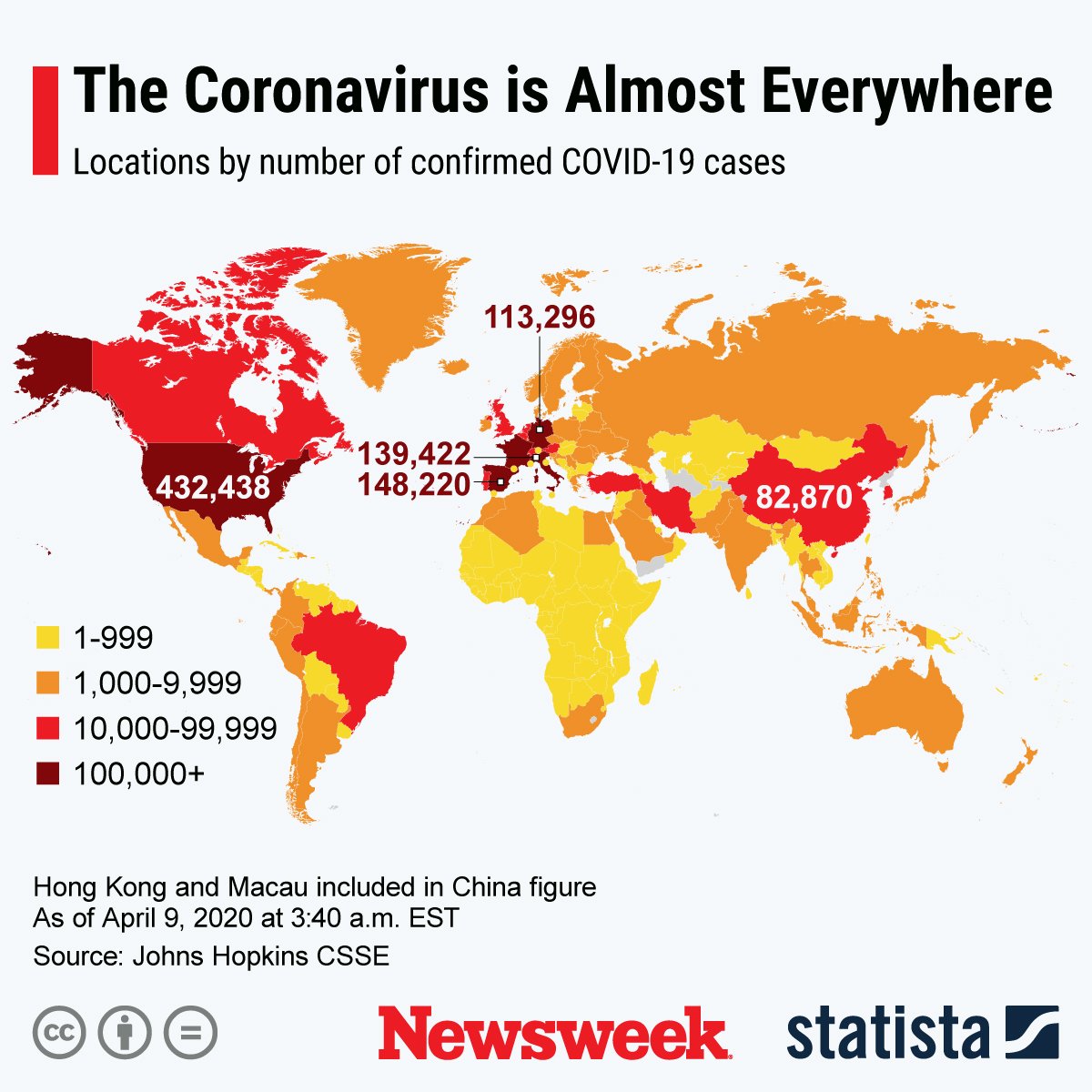A group of North African migrants aboard a sinking vessel off the coast of Malta in the Mediterranean Sea were brought ashore early Friday, a day after the government declared it could no longer guarantee the rescue or disembarkation of those seeking refuge and closed its harbors.
Sixty-four migrants were intercepted by the Maltese armed forces wearing bio-hazard suits, Reuters reported. The migrants were placed in detention in accordance with a 14-day quarantine imposed by the island nation.
"It is in the interest, and is the responsibility, of such people not to endanger themselves on a risky voyage to a country which is not in a position to offer them a secure harbour," the government said in a statement.
The rescue comes a day after the government, following a similar Italian announcement, shuttered its borders to travelers, and after a report in The New York Times claimed the Maltese armed forces were responsible for cutting power to the engine of a migrant boat and setting it adrift.
Both Italy, the epicenter of the novel coronavirus outbreak in Italy, and Malta, along with neighboring Greece and Spain have since 2015 attempted to mitigate migration from North Africa, particularly in Libya, since more than 1 million people seeking safe passage landed on European soil.
"In the light of the magnitude of these pressures, it is considered that the Maltese authorities are not in a position to guarantee the rescue of prohibited immigrants on board of any boats, ships or other vessels, nor to ensure the availability of a 'safe place' on the Maltese territory to any persons rescued at sea," the Maltese government said in a statement to the European Commission.
With the outbreak quarantine stretching across much of mainland Europe, with far more cases than have been reported in North Africa, officials worry that additional migrants may weight heavy on overwhelmed healthcare systems.
Malta has 319 active cases of the novel virus, with 2 deaths and 16 recoveries, according to data from Johns Hopkins University.
The graphic below, provided by Statista, shows the spread of COVID-19 around the globe as of April 9.

Centers for Disease Control and Prevention Advice on Using Face Coverings to Slow Spread of COVID-19
- CDC recommends wearing a cloth face covering in public where social distancing measures are difficult to maintain.
- A simple cloth face covering can help slow the spread of the virus by those infected and by those who do not exhibit symptoms.
- Cloth face coverings can be fashioned from household items. Guides are offered by the CDC. (https://www.cdc.gov/coronavirus/2019-ncov/prevent-getting-sick/diy-cloth-face-coverings.html)
- Cloth face coverings should be washed regularly. A washing machine will suffice.
- Practice safe removal of face coverings by not touching eyes, nose, and mouth, and wash hands immediately after removing the covering.
World Health Organization advice for avoiding spread of coronavirus disease (COVID-19)
Hygiene advice
- Clean hands frequently with soap and water, or alcohol-based hand rub.
- Wash hands after coughing or sneezing; when caring for the sick; before, during and after food preparation; before eating; after using the toilet; when hands are visibly dirty; and after handling animals or waste.
- Maintain at least 1 meter (3 feet) distance from anyone who is coughing or sneezing.
- Avoid touching your hands, nose and mouth. Do not spit in public.
- Cover your mouth and nose with a tissue or bent elbow when coughing or sneezing. Discard the tissue immediately and clean your hands.
Medical advice
- Avoid close contact with others if you have any symptoms.
- Stay at home if you feel unwell, even with mild symptoms such as headache and runny nose, to avoid potential spread of the disease to medical facilities and other people.
- If you develop serious symptoms (fever, cough, difficulty breathing) seek medical care early and contact local health authorities in advance.
- Note any recent contact with others and travel details to provide to authorities who can trace and prevent spread of the disease.
- Stay up to date on COVID-19 developments issued by health authorities and follow their guidance.
Mask and glove usage
- Healthy individuals only need to wear a mask if taking care of a sick person.
- Wear a mask if you are coughing or sneezing.
- Masks are effective when used in combination with frequent hand cleaning.
- Do not touch the mask while wearing it. Clean hands if you touch the mask.
- Learn how to properly put on, remove and dispose of masks. Clean hands after disposing of the mask.
- Do not reuse single-use masks.
- Regularly washing bare hands is more effective against catching COVID-19 than wearing rubber gloves.
- The COVID-19 virus can still be picked up on rubber gloves and transmitted by touching your face.
Uncommon Knowledge
Newsweek is committed to challenging conventional wisdom and finding connections in the search for common ground.
Newsweek is committed to challenging conventional wisdom and finding connections in the search for common ground.
About the writer
To read how Newsweek uses AI as a newsroom tool, Click here.








